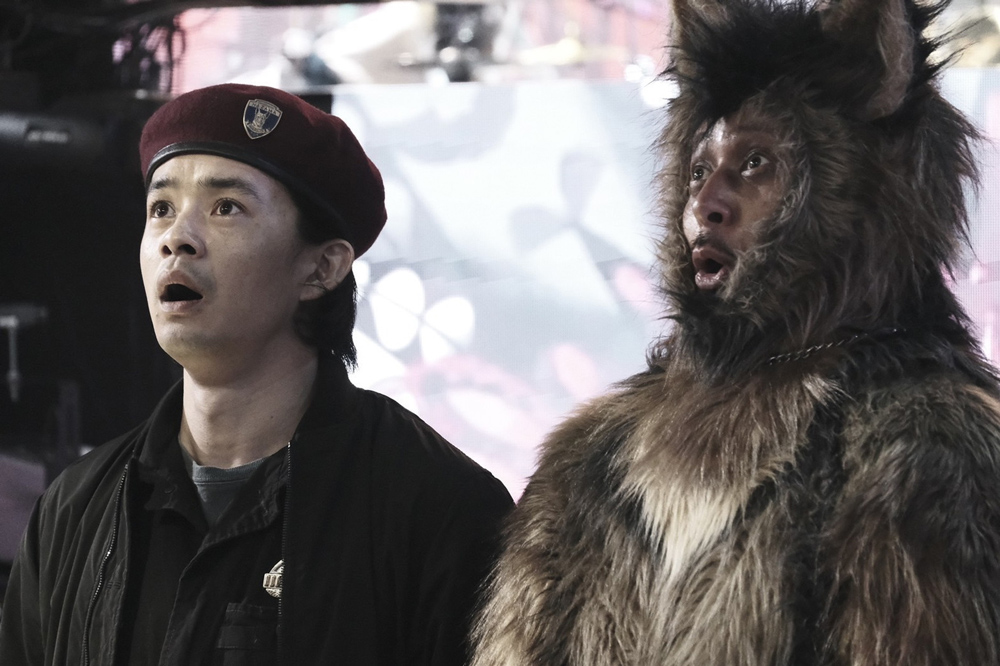!["Oliver's Dog (Gosh!!) This Yarrow" Season 2 Director Joe Odagiri What kind of direction is possible only because he is an actor? [Director's Interview Vol.246]](https://cinemore.jp/images/91dbde6e4b3a5f0c48fe5a5f3f726467afc7b6569abf87e1101bdd87b0be6d87.jpg)
"Oliver's Dog (Gosh!!) This Yarrow" Season 2 Director Joe Odagiri What kind of direction is possible only because he is an actor? [Director's Interview Vol.246]
Shooting method based on editing
Q: Please also tell me about editing. Do you take a lot of patterns when shooting so that you can try different things in editing? Or do you shoot in a predetermined manner with the assumption that it will be used as a "bridge" for editing?
Odagiri: It depends on the scene, but it's both. I always make all the cuts. I gave it to the staff the day before, and basically the shooting proceeded as instructed. However, if there is a shot that I thought looked really good during filming, I would ask them to take a series of shots, saying, ``Please give me the entire shot from beginning to end as a master shot.'' While editing, I discover that the cuts I've created don't work at all, so I have to keep adding to the editing process. So I still have to collect the materials. So I always turn the front and back for a long time, and I end up taking a little too many shots.
Also, considering the possibility of a special edition, I feel like I should keep the cinematic master down. As I've said many times before, I think it's best to do it in one scene or one cut, but it's difficult to achieve this due to the length of the broadcast. However, there is a possibility that this can be achieved with a special edition. That's why I always make sure to take at least one master shot, even if it takes some time on set.
However, at the same time, I know there are certain parts that should definitely be edited out, so I don't have to worry too much about shooting those parts, or I can be okay with the timing being a little off. So, what do you think? Sometimes it takes time, and sometimes I don't pay attention to parts that I know are unnecessary, so I guess in the end it's a waste of money.

Drama 10 “Oliver Inu, (Gosh!!) This Yarrow” Season 2 Copyright NHK (Japan Broadcasting Corporation). All rights reserved.
Q: You told us about the existence of a special episode during our previous interview, but this time it has finally been aired. What has actually changed?
Odagiri: As I said, there are some parts that were reverted to one scene/one cut. Also, in the regular version, a lot of dialogue was cut to fit the airing schedule. In that way, I was able to restore parts of the play that had been cut. Naturally, in that case, the cuts would be different, so I would have to rework them. Although many things have changed, when I looked back on it, my overall impression didn't change that much. So people who don't notice it may not notice it. However, it's quite long in terms of length, with episode 3 being about 10 minutes long. I hope you find it rewarding.

